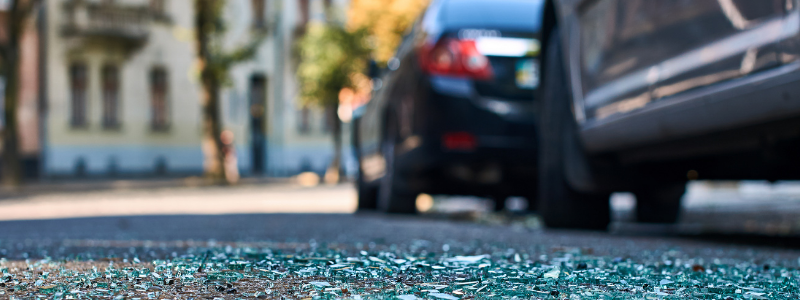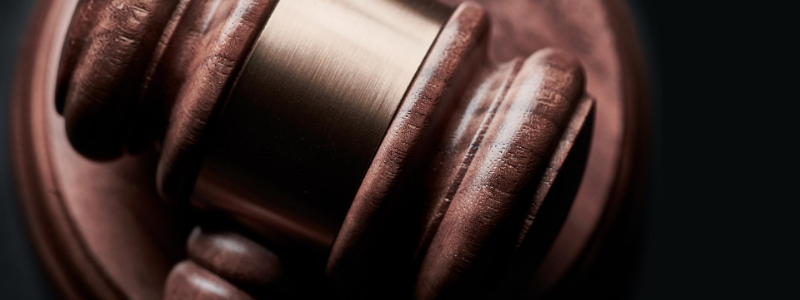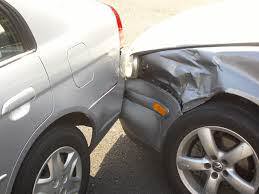Being involved in a car accident is always a stressful and potentially life-altering event. However, when the other driver involved is under the influence of alcohol or drugs (DUI), it not only adds to the emotional and physical trauma but also brings along legal and financial complications. To protect yourself and ensure a smoother recovery process, here are some essential steps you should take after an accident with a DUI driver.
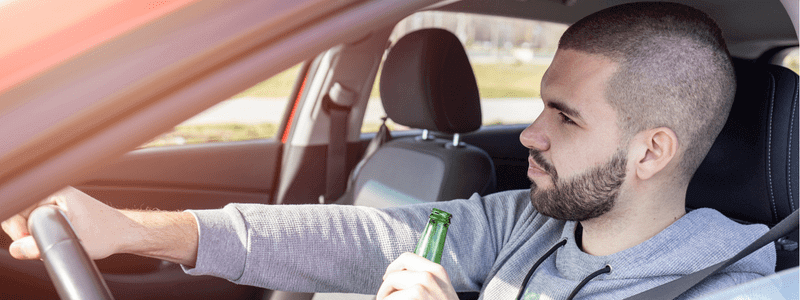
Understanding the Implications of a DUI Accident
A DUI accident refers to a collision or incident caused by a driver operating a vehicle while impaired by alcohol or drugs. It is important to understand the legal consequences and potential damages associated with such accidents.
When a driver gets behind the wheel while under the influence, they not only put their own life at risk but also endanger the lives of others on the road. The effects of alcohol or drugs can impair their judgment, coordination, and reaction time, making them more prone to making mistakes and causing accidents.
Legal Consequences for the DUI Driver
A DUI driver may face severe legal consequences, including fines, license suspension, mandatory alcohol education programs, and even imprisonment, depending on the severity of the accident and their prior history. These penalties are in place to deter individuals from driving under the influence and to hold them accountable for their actions.
When law enforcement officers respond to a DUI accident, they conduct investigations to gather evidence and determine the level of impairment. The driver will be subjected to field sobriety tests, breathalyzer tests, or blood tests to establish their blood alcohol concentration (BAC) or the presence of drugs in their system. The results of these tests play a crucial role in determining the legal consequences the driver will face.
Potential Damages and Injuries
In a DUI accident, there is a high risk of severe injuries and property damage. The intoxicated driver’s impaired judgment and reduced reaction time significantly increase the chance of accidents resulting in life-altering injuries or, in worst-case scenarios, fatalities.
Victims of DUI accidents may suffer from a wide range of injuries, including broken bones, traumatic brain injuries, spinal cord injuries, internal organ damage, and severe burns. These injuries can have long-lasting physical, emotional, and financial consequences for the victims and their families.
Furthermore, the property damage caused by DUI accidents can be extensive. Collisions at high speeds can result in total vehicle destruction, leaving the victims without transportation and facing significant repair or replacement costs.
It is worth noting that DUI accidents not only affect the individuals directly involved but also impact the broader community. These accidents can lead to increased insurance premiums for all drivers, strain on emergency response systems, and a general sense of fear and unease among the public.
Therefore, it is crucial to raise awareness about the dangers of driving under the influence and to promote responsible decision-making when it comes to alcohol or drug consumption. By understanding the legal consequences and potential damages associated with DUI accidents, we can work towards creating safer roads for everyone.
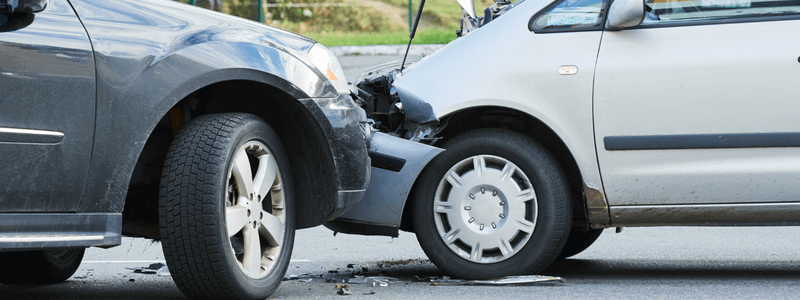
Immediate Steps to Take at the Accident Scene
Once involved in an accident with a DUI driver, it is crucial to prioritize safety and gather vital information for legal and insurance purposes.
Ensuring Safety and Calling Authorities
The first step is to ensure your safety and the safety of others involved. If possible, move to a safe location away from traffic. If anyone is injured, call for medical help immediately. Simultaneously, contact local law enforcement to report the accident and inform them about the suspicion of a DUI driver.
Gathering Necessary Information
While waiting for the authorities to arrive, gather as much information as possible. Record the DUI driver’s details, including their name, contact information, driver’s license number, and insurance information. Document the accident scene by taking photos or videos, capturing the damaged vehicles, and any visible injuries.
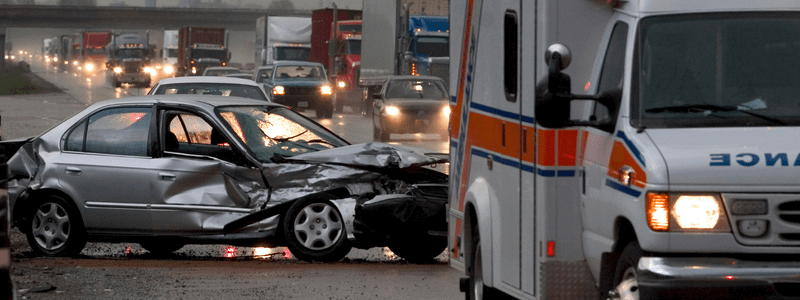
Seeking Medical Attention Post-Accident
Even if you feel fine immediately after the accident, it is crucial to seek medical attention promptly.
Importance of Immediate Medical Check-up
Some injuries, such as internal bleeding or whiplash, may not manifest symptoms right away. Only a qualified healthcare professional can provide a comprehensive examination to identify any hidden injuries. Additionally, having a documented medical report can strengthen your case when dealing with insurance claims.
Long-Term Health Implications
Some injuries resulting from a DUI accident can have long-lasting implications on your physical and mental health. Addressing these issues promptly and obtaining appropriate medical care is essential to minimize long-term complications and ensure the best possible recovery.

Reporting the Incident to Your Insurance Company
As soon as possible following the accident, you should report the incident to your insurance company.
Timing and Details of Reporting
Provide your insurance company with accurate and detailed information about the accident, including the DUI driver’s involvement. Be prepared to answer any questions they may have and cooperate fully with their investigation. Prompt reporting is crucial for insurance claim processing.
Dealing with Insurance Adjusters
After reporting the incident, your insurance company may assign an insurance adjuster to handle your claim. Be honest and provide all necessary information, emphasizing the involvement of a DUI driver. However, be cautious when providing statements to the DUI driver’s insurance, as they may try to reduce their liability. Consider consulting with a personal injury attorney experienced in DUI accidents to protect your rights throughout the process.

Legal Actions to Consider After a DUI Accident
If you have been involved in a DUI accident, it is advisable to seek legal guidance to protect your interests and seek potential compensation for your damages.
Hiring a Personal Injury Attorney
A personal injury attorney experienced in DUI accidents can help navigate the legal complexities, gather evidence, negotiate with insurance companies, and represent your best interests in court if necessary. Their expertise can significantly improve your chances of obtaining fair compensation for your injuries, medical bills, lost wages, and emotional distress.
Filing a Lawsuit against the DUI Driver
In cases where the DUI driver’s negligence has resulted in severe injuries or significant financial losses, filing a lawsuit may be necessary to hold the driver accountable and seek further compensation. Your personal injury attorney can guide you through the process, ensuring that your rights are protected.
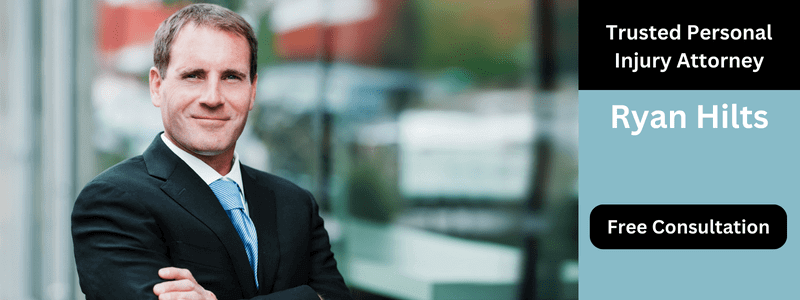
Finally, remember that each DUI accident case is unique, and seeking legal advice from a personal injury attorney specialized in car accidents and DUI cases is crucial. By taking these steps and working with professionals who understand the complexities of DUI accidents, you can focus on your recovery and secure the necessary support during this challenging time.



